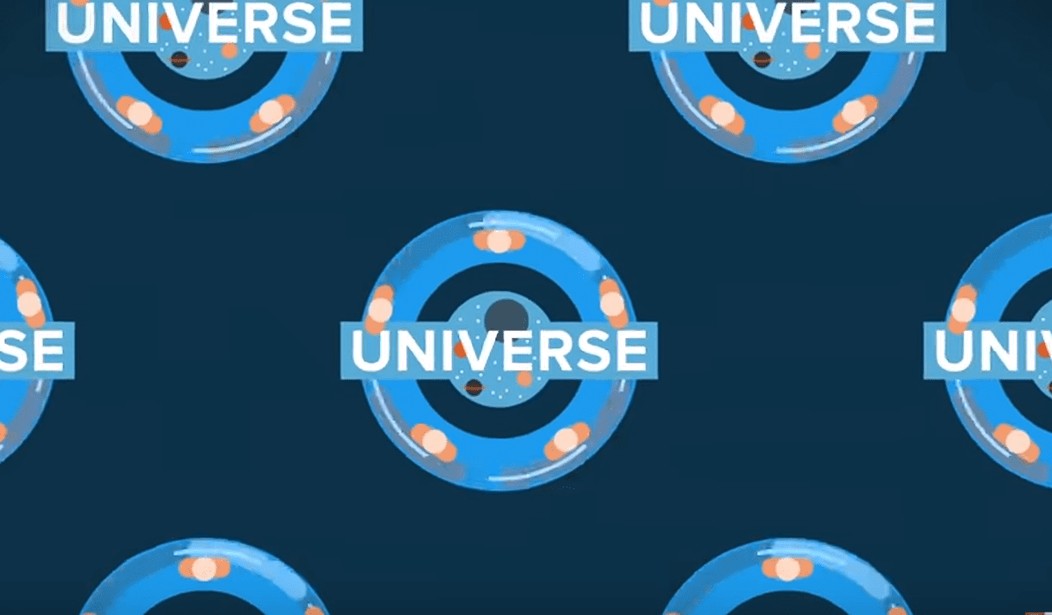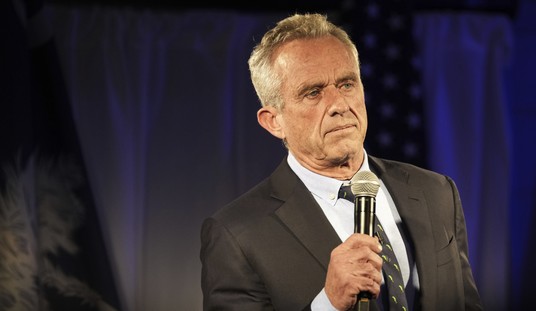One thing I’ve always thought to be very apparent was that atheists belong to a faith of their own, and that their mocking of Christian faith was somewhat hypocritical.
It occurred to me that in order to believe that there was no God despite clues that there probably was a designer behind the details of our awfully convenient existence one had to have faith in chaos. A pure chance that matter just sprung up out of nowhere, and that conditions for that matter just so happened to align at the right time and moment to allow life like ours to come about. Not only for life to just come about, but for that matter to maintain those conditions for an extended period of time so that life like ours could flourish.
That always seemed kind of far-fetched to me. One of the reasons I could never become an atheist is that it didn’t seem very logical that this is all happening just because it was. Christianity asked me to have faith, but atheism asked me to give more faith than I had.
But according to Prager U, scientists now have an explanation for the oddly convenient conditions by which we exist too, and it involves having a level of faith that astrophysicist Brian Keating consider astronomical.
It’s called the “multiverse” theory, and Keaton explains it in his new Prager U video well:
13.8 billion years ago, there was a Big Bang—from something unimaginably small (we don’t know exactly what), the universe exploded into existence. How did it happen? Why did it happen? Doesn’t matter. ‘Cause it happened. Immediately after the Big Bang, the universe underwent a rapid expansion.
Think of a gush of bubbles exploding from a seriously shaken soda can just after it’s popped open. Cosmologists call this the Theory of Inflation. As the universe inflates and expands—the bubble universes grow and separate to become their own distinct entities, each with their own unique properties. In other words, new universes are spawned—and not just a handful…an infinite number of them.
Some of these universes would be too cold for life, and some too hot. But, with an infinite number, surely one is bound to get it just right. In short, you and I are just an accident that, given enough universes, was inevitable. But, wait—there’s more.
Because there are so many universes, it’s very likely, according to the multiverse scenario, that everything that could possibly happen does happen in one universe or another. That girlfriend who broke up with you? You’re married to her in another universe.
It sounds like something straight out of a sci-fi Hollywood flick, but this is the theory that many a scientist has put their faith in. Translated, this means that there are an infinite number of universes out there with an infinite amount of chances that our life-sustaining universe could exist.
As Keating highlights, they have zero proof that this theory is correct…which sounds awfully familiar:
But here’s what’s really surprising: They endorse it knowing there’s not a single shred of hard scientific evidence that supports it. And how can there be? There’s no way we can access another universe.
In short, a vast number of the world’s most eminent scientists believe in something that hasn’t been, and in all likelihood, will never be proven. How does that sound to you?
It appears that in order to avoid the idea that there is a creator, scientists have come up with a theory more wild than an intergalactic designer. Something that takes quite a bit of faith to believe. Keating quotes G.K. Chesterton, who defined this thinking from atheistic scientists well.
“When men stop believing in God, they don’t believe in nothing; they believe in anything.”















Join the conversation as a VIP Member